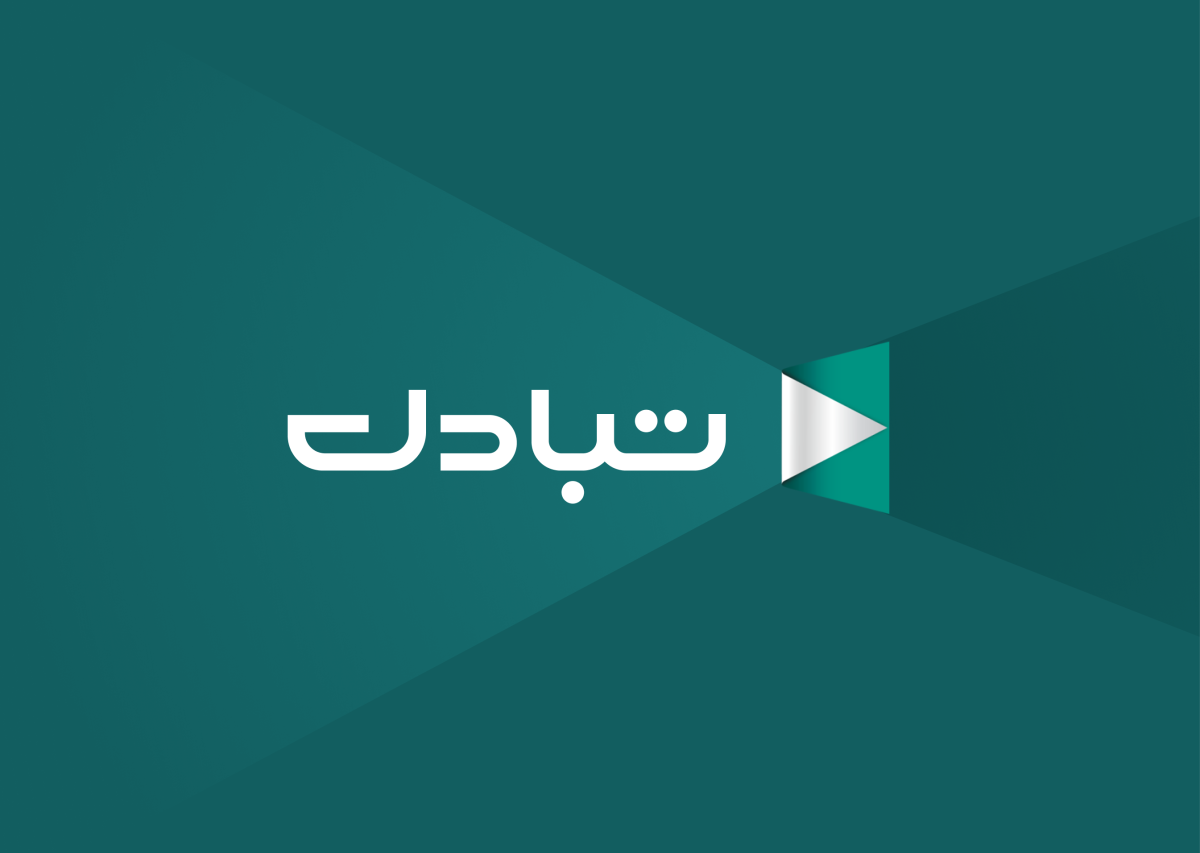The oil expert Muhamed Ahmed claimed in a statement to Tabadul that sovereign organs in the Libyan state avoid taking loans from international institutions as a pretext to justify their orientations with regard to their executive and monetary policies.
The expert considered that this failure in exploiting international financing opportunities as a result of the unconscious fear of wasting Libyan wealth is indeed an “obsessive-compulsive disorder”, which has wasted a lot of investment opportunities for Libya in favor of other countries.
Muhamed Ahmed admitted that the real problem is that the international organizations such as the International Monetary Fund and the World Bank refuse to provide loans to oil producing countries on the grounds that these countries do not need the international loan.
In fact, oil producing countries can obtain funding from the private financial institutions in return for their huge monetary reserves, which countries like Kuwait and Qatar have been making.
As far as Libya is concerned, the possibility of borrowing money from international institutions is “virtually non-existent”, Said Ahmed.
Not only because Libya has enough currency reserves -reducing its ability to borrow against those assets -, but also because the needs of other developing countries are much greater than the capacity of these international institutions.
Theoretically speaking, getting a loan from the World Bank is one of the best choices for Libya, said Ahmed. For instance, this loan would allow the State to maintain the structure of the nationalization of Libyan oil through providing additional financial resources for other development needs. “This funding will contribute to the development process, in addition to encouraging the private sector,” he added.
“Taking loans from international institutions would be the least threatening source in terms of corruption, according to the mechanisms used in the disbursement process, which are linked to the project implementation or structural reforms in accordance with the payments,” said Ahmed.
“Unfortunately, this is not available. So, these sovereign organs must stop hinting at a conspiracy theory in this regard.”He said.
He also pointed out that, in the future, the Libyan economy has no other way but to rely on external borrowing in order to maintain the state’s sustainability.
However, in light of the interference and fragmentation of the Libyan authorities, the real crisis in legitimacy would not encourage any international financial institution to risk financing any party in Libya.
In conclusion, Muhamed Ahmed stressed that international institutions such as the International Monetary Fund and the World Bank will not provide any loans to Libya.




